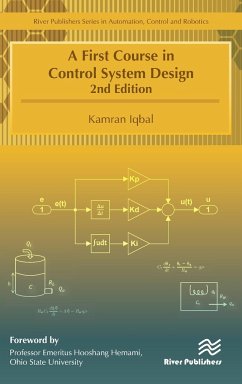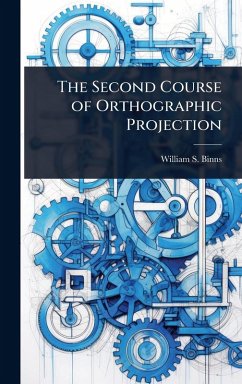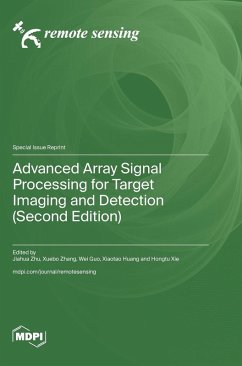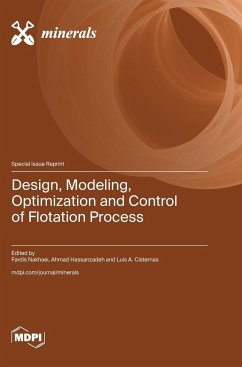
A First Course in Control System Design, Second Edition
Versandkostenfrei!
Versandfertig in 1-2 Wochen
142,99 €
inkl. MwSt.
Weitere Ausgaben:

PAYBACK Punkte
71 °P sammeln!
Control systems are pervasive in our lives. Our homes have environmental controls. The appliances we use, such as the washing machine, microwave, etc. carry embedded controllers in them. We fly in airplanes and drive automobiles that extensively use control systems. The industrial plants that produce consumer goods run on process control systems. The recent drive toward automation has increased our reliance on control systems technology. This book discusses control systems design from a model-based perspective for dynamic system models of single-input single-output type. The emphasis in this b...
Control systems are pervasive in our lives. Our homes have environmental controls. The appliances we use, such as the washing machine, microwave, etc. carry embedded controllers in them. We fly in airplanes and drive automobiles that extensively use control systems. The industrial plants that produce consumer goods run on process control systems. The recent drive toward automation has increased our reliance on control systems technology. This book discusses control systems design from a model-based perspective for dynamic system models of single-input single-output type. The emphasis in this book is on understanding and applying the techniques that enable the design of effective control systems in multiple engineering disciplines. The book covers both time-domain and the frequency-domain design methods, as well as controller design for both continuous-time and discrete-time systems. MATLAB© and its Control Systems Toolbox are extensively used for design. Technical topics discussed in the book include:Mathematical models of physical systems Analysis of transfer function and state variable models Control systems design objectives Control system design with root locus Control system design in the state-space Control system design of sampled-data systems Compensator design with frequency response methods














